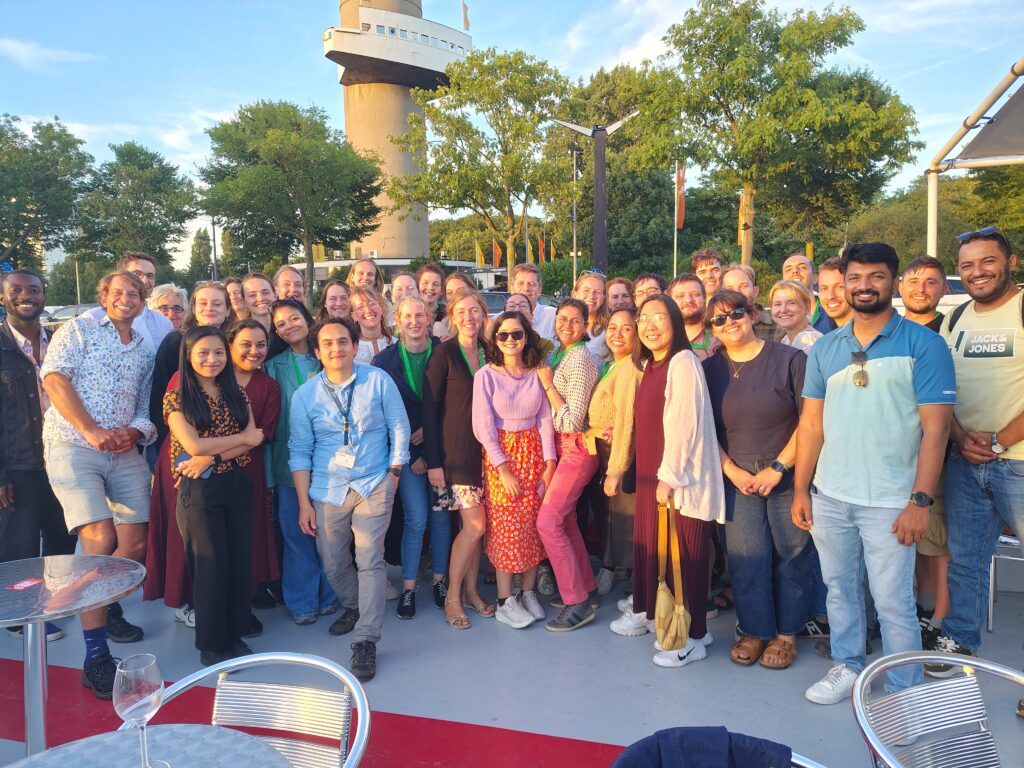International Summer School on One Health and Climate Adaptation
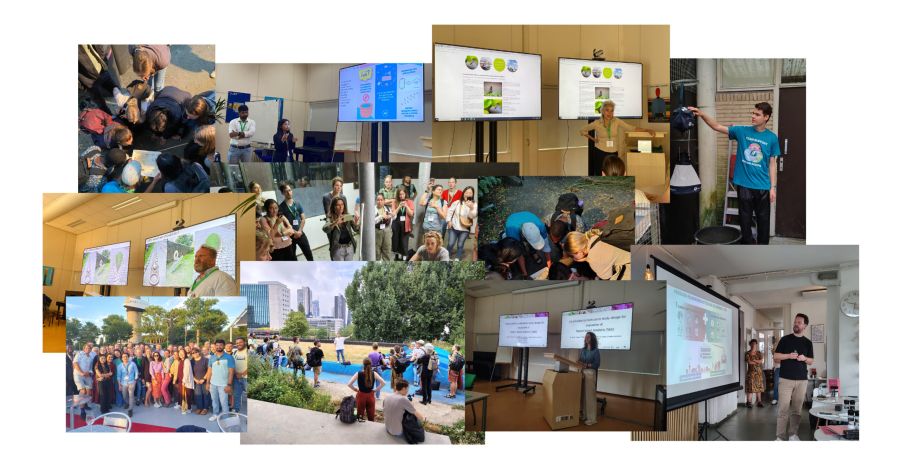
The recent international summer school on One Health and the effects of climate adaptation on health, organized by the Pandemic and Disaster Preparedness Center (PDPC), The Department of Viroscience – Erasmus MC, ID Alert, and One Health PACT, was a resounding success. Out of 110 applicants, 30 participants were selected, representing a wide array of academic disciplines and diverse countries of origin.
The program provided a unique platform for participants to explore cutting-edge research being conducted in Rotterdam. The focus was on the interconnectedness of human, animal, and environmental health, particularly in the context of climate change. The program included immersive experiences, such as a day at the Natural History Museum and another at the Blijdorp Zoo, where participants engaged in hands-on research on birds and mosquitoes. They were introduced to innovative methods, including the use of sound for bird identification and advanced mosquito traps that automatically count and identify species. Check out realtime results of out placed bioacoustics sensors here: https://app.birdweather.com/data/EfxPTBiQtpugHnNsqm8dSDVR
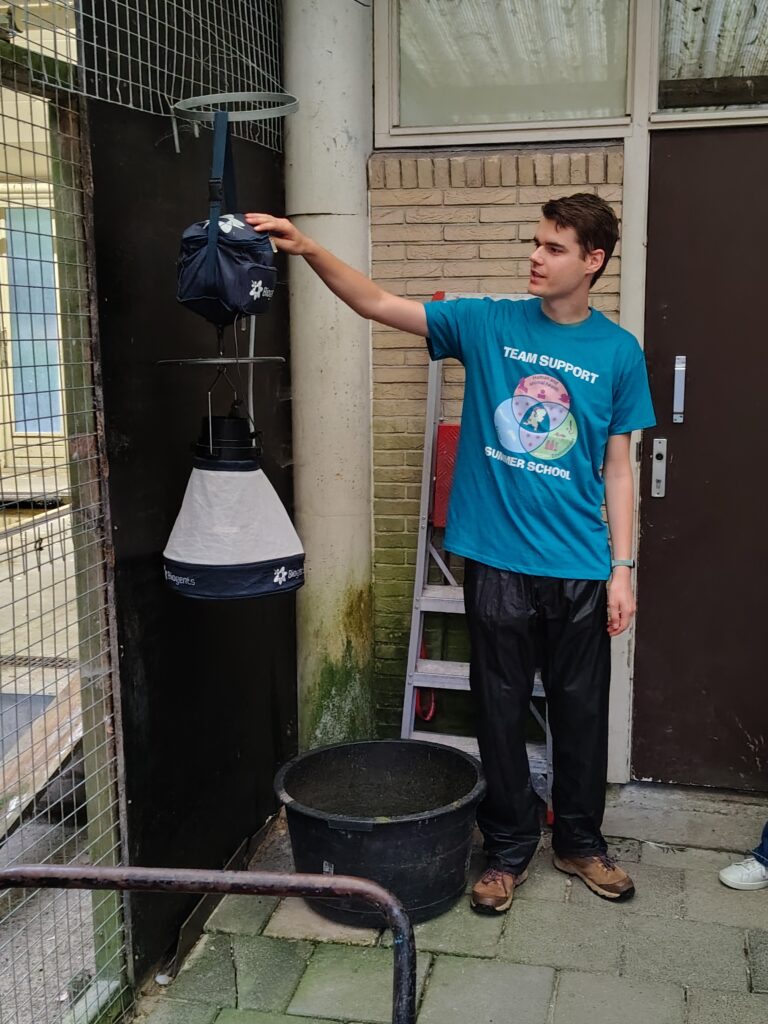
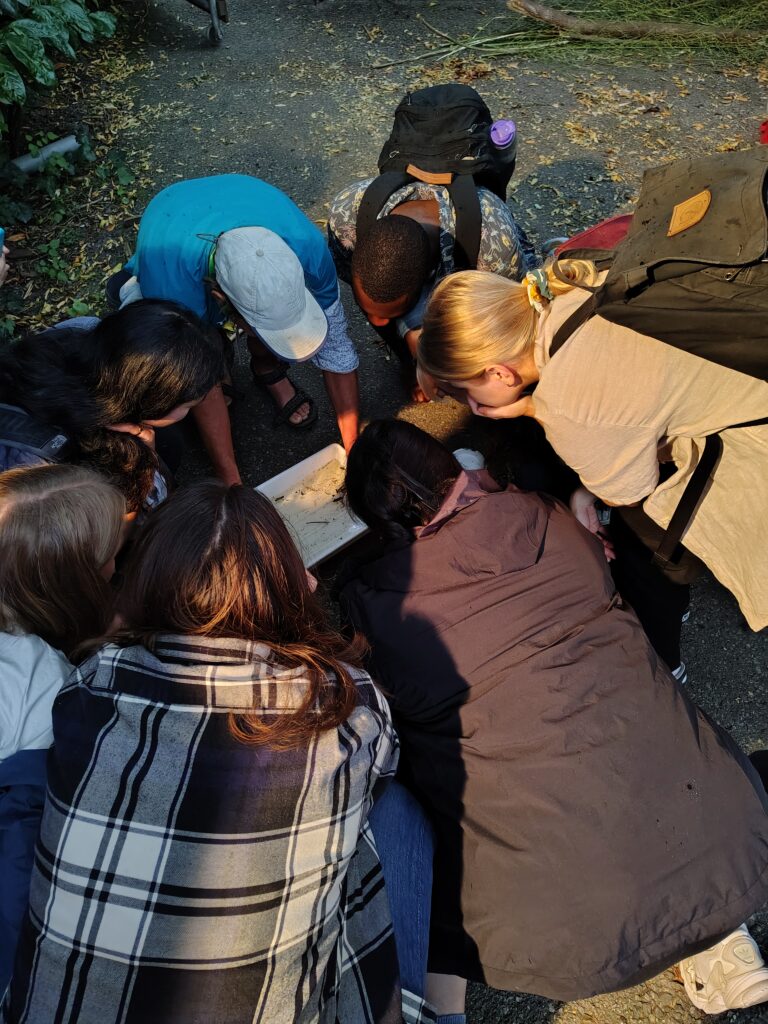
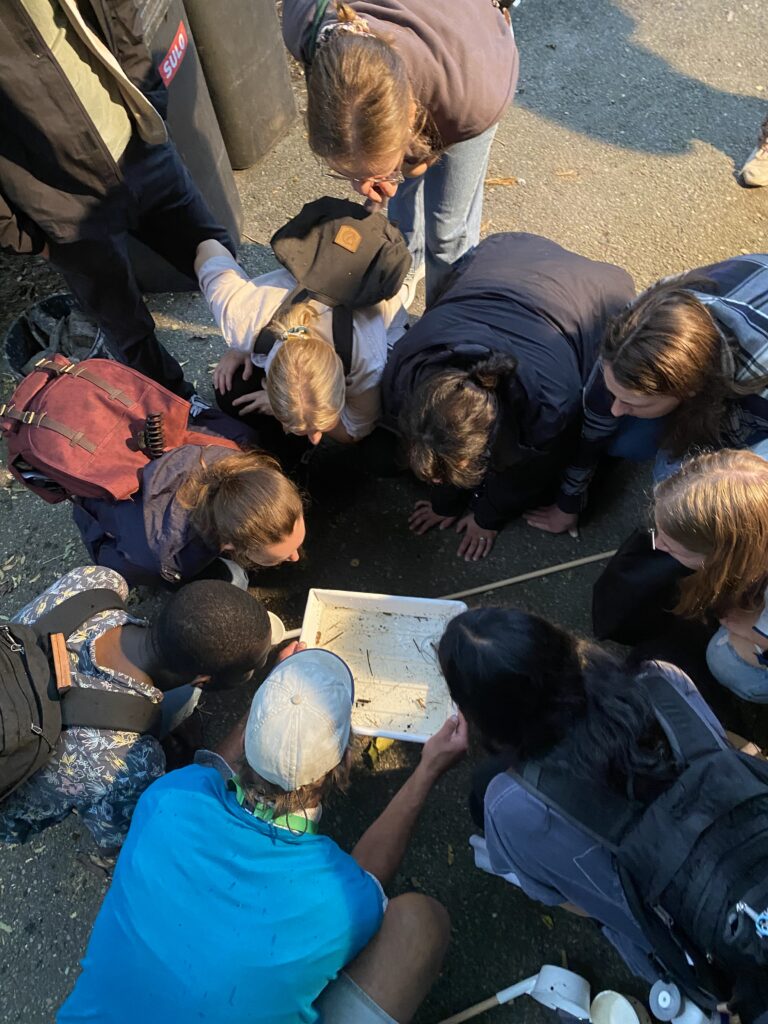
Throughout the program, participants had the privilege of attending presentations and talks from a distinguished lineup of speakers:
- Prof. Dr. Marion Koopmans (Erasmus MC: Department of Viroscience, NL)
- Prof. Dr. Joacim Rocklöv (Heidelberg University, GER)
- Prof. Dr. Pier Siebesma (Delft University, NL)
- Prof. Dr. Quirine ten Bosch (Wageningen University, NL)
- Dr. Reina S. Sikkema (Erasmus MC: Department of Viroscience, NL)
- Dr. Marina Treskova (Heidelberg University, GER)
- Dr. Maarten Schrama (Leiden University, NL)
- Dr. Bas Oude Munnink (Erasmus MC: Department of Viroscience, NL)
- Dr. Lineke Begeman (Erasmus MC: Department of Viroscience, NL)
- Dr. Henk van der Jeugd (Netherlands Institute of Ecology (NIOO-KNAW), NL)
- Dr. Erik Kleyheeg (Sovon Dutch Centre for Field Ornithology, NL)
- Dr. Floris Boogaard (Deltares, NL)
- Dr. Alex Richter-Boix (Centre de Recerca Ecològica i Aplicacions Forestals (CREAF), SP)
- Cedric Marsboom (Avia-GIS, BE)
- Johan Verlinde (Municipality of Rotterdam, NL)
These experts provided invaluable insights into various aspects of One Health and climate adaptation, enriching the participants’ understanding of the challenges and opportunities in these fields.
A selection of the lectures are available via this link.
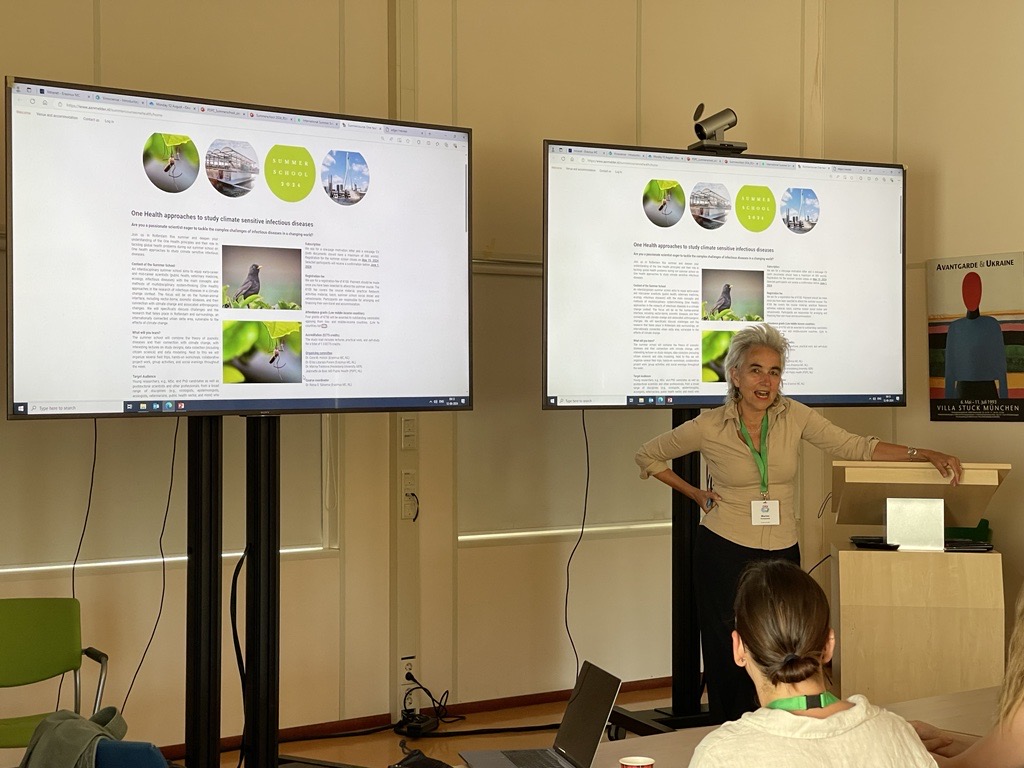
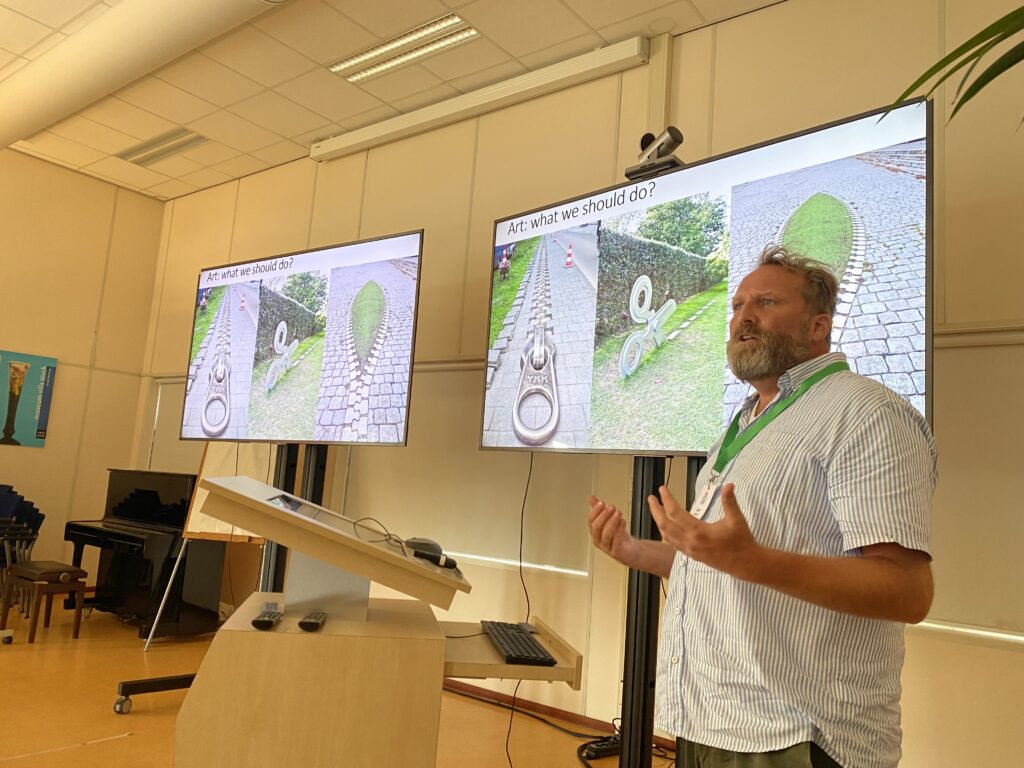
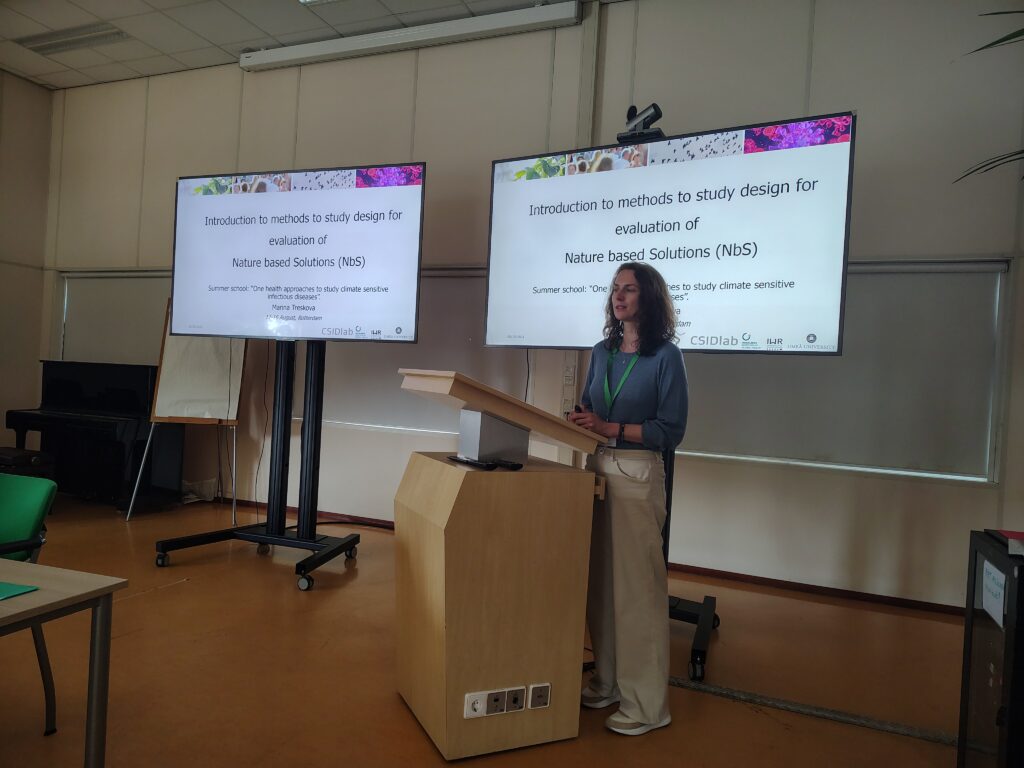
The summer school also fostered collaboration with various stakeholders, including Blijdorp Zoo, the Municipality of Rotterdam (Rotterdam Weerwoord), and GGD Rotterdam. These partnerships provided participants with real-world insights into how cities like Rotterdam are addressing the challenges posed by climate change.
One of the standout moments was the astonishment of the international participants regarding the demographics of people using rain barrels in Rotterdam. Unlike in many other countries where rain barrels are typically used by the poorer populations in disadvantaged areas, in Rotterdam, they are more commonly found in wealthier neighborhoods. This led to the intriguing question: “Why would you need a rain barrel if you are wealthy and have easy access to tap water?”
Overall, the summer school was an enriching experience that highlighted the importance of interdisciplinary and international collaboration in addressing global health challenges. The insights gained and connections made during this program will undoubtedly contribute to future research and initiatives in the field of One Health.
